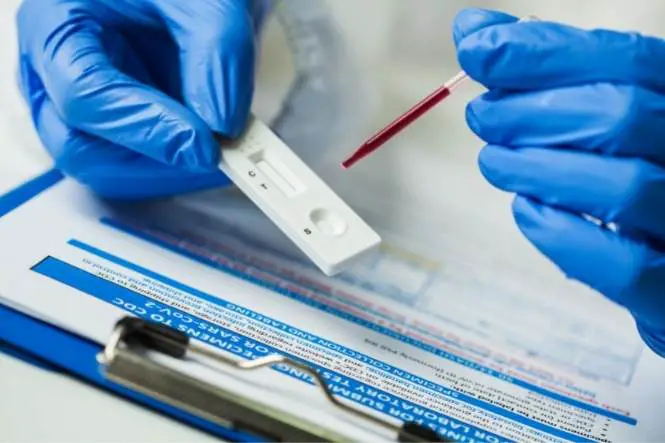Serology is the study and examination of bodily fluids that is used in forensic science as a means of segregating fluids excreted by assailants or attackers in varying criminal acts. These acts can range from physical assault to sexual assault, right through to the act of murder and all of them will have an element of fluid secretion attached to them.
How Serology Helps in Crime
Serology allows the forensic scientists to segregate these bodily fluids when found at the scene of the crime and then perform a variety of tests on them in order to identify where these fluids originated from – or most importantly – who they came from.
One important aspect of Serology is determining whether or not stains resembling blood found at a crime scene are actually blood or some other stain that bears a similar resemblance.
Types of Serology
Serology is split into two categories of investigation:
- Presumptive Testing: These tests provide two separate means of producing a result. One is to use compounds that can have an effect on blood when introduced to it. These results are a simple and quick way of proving that samples are actually blood especially if time is of the essence.
- Confirmatory Tests: This is a more involved set of tests that are carried out using samples of what is believed to be blood and mixing them with a chemical compound that reacts adversely with haemoglobin, the resultant factor being the production of crystals under the microscope that can be identified as blood.
It is important that these tests – either one of them – are carried out to prove that these stains are in actual fact blood; and, more importantly, human blood. This is particularly important if the deceased’s body has been found outside where it may be possible that animal blood has been spilled on the ground at some point.
Other Important Uses of Serology
Serology, in addition to examining and identifying blood, is used to identify and categorise semen, saliva, sweat and even human faeces. This can be achieved in the instance of faeces as it is covered in a mucus membrane to enable expulsion from the body.
Serology also has a use in proving if unlawful sexual intercourse has taken place; this has become a necessary element of forensic science given the rise in sexual assaults and cases of rape. The processes used by a Serologist can help time intercourse and also help prove that unlawful intercourse actually took place.
Secretors and Non-Secretors
It is important to note that although a large percentage of the population are classed as ‘secretors’ there are a smaller percentage of people who are non-secretors. Secretors exhibit elements of their blood’s protein when they secrete other bodily fluids whilst non-secretors will not have levels of protein from their blood in their bodily fluids.
Testing the bodily fluids of secretors will reveal a result but non-secretors make it difficult for Serologists to gain any results so blood from these individuals must be tested in order to provide any level of positive result.
Again it is important to note that these procedures are used when other means of identification yield no results and although these tests may prove accurate other means of identification should be used, leaving this kind of scientific evidence to provide additional weight to any legal proceedings.

